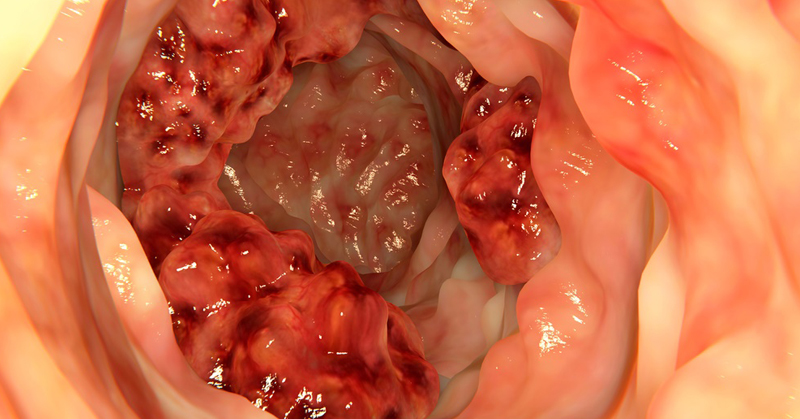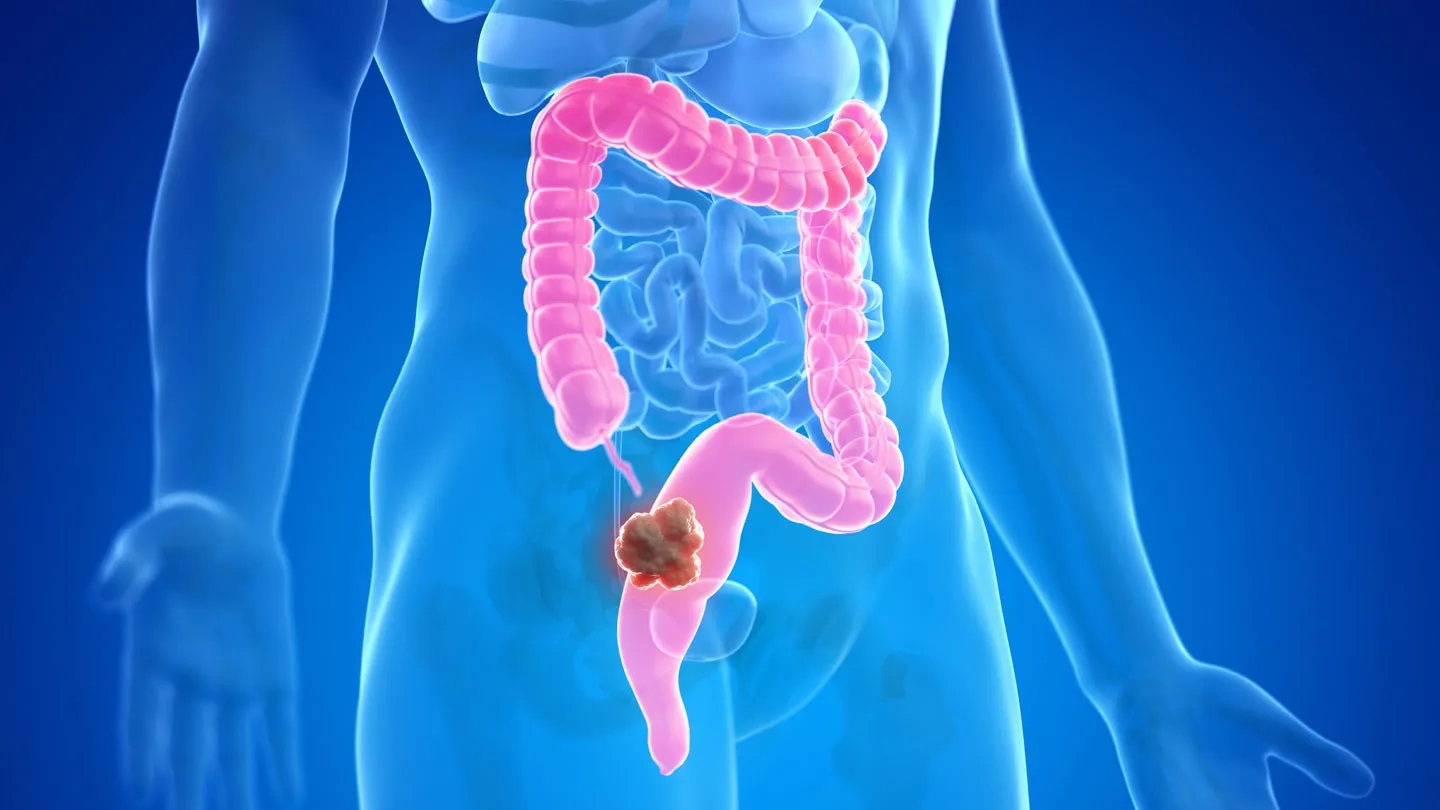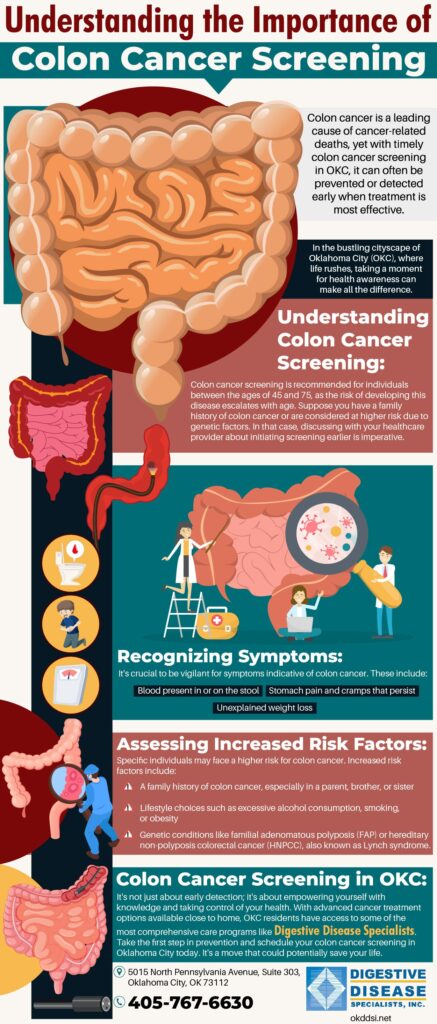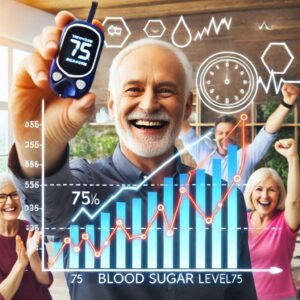Imagine yourself sitting in a doctor’s office, anxiously waiting for the results of a routine exam. Concern has become a part of your daily life—after all, managing type 2 diabetes requires constant attention. But then, the doctor mentions something unexpected: the link between diabetes and colorectal cancer. How is that possible? Could your condition be increasing your risk of developing this silent disease?
The Connection Between Diabetes and Colorectal Cancer
Research shows that people with type 2 diabetes have a significantly higher risk of developing colorectal cancer. According to a study published in the Journal of the National Cancer Institute, diabetes is associated with up to a 30% increased risk of developing this type of cancer. This connection is primarily explained by three factors:
Insulin Resistance – High insulin levels in the blood promote uncontrolled cell growth, including cancerous cells.
Chronic Inflammation – Diabetes causes constant inflammation in the body, creating an environment conducive to cancer development.
Changes in Gut Microbiota – Gut health is essential for disease prevention. Diabetic patients often experience alterations in gut flora that may encourage tumor growth.
Symptoms You Should Not Ignore
Colorectal cancer is deceptive because it rarely presents symptoms in its early stages. However, there are warning signs that deserve attention, especially if you have diabetes:
Blood in stool
Persistent changes in bowel habits (diarrhea or constipation)
Unexplained weight loss
Excessive fatigue
Frequent abdominal pain
If you notice one or more of these symptoms, it is crucial to seek medical advice immediately.
Nutrition + Natural Treatment + Specialized Supplementation to avoid Diabetes complications. CLICK HERE!
How to Reduce Your Risks
Prevention is the key to avoiding both diabetes complications and the onset of colorectal cancer. Here are some proven strategies:
1. Anti-Inflammatory Diet
A diet rich in fiber, vegetables, and antioxidant foods is essential. Reduce your intake of processed meats, trans fats, and ultra-processed foods.
2. Blood Sugar Control
Keeping blood sugar levels in check is fundamental. Proper medication, combined with a balanced diet and physical exercise, can significantly reduce risks.
3. Regular Screenings
If you are over 50 or have a family history of colorectal cancer, a colonoscopy should be part of your routine check-up. Early detection significantly increases the chances of a cure.
4. Physical Activity
Regular exercise helps reduce inflammation and improves insulin sensitivity. Just 30 minutes of daily walking can make a difference.

Additional care for patients with Type 2 Diabetes
Approximately 20% of cancer patients also have diabetes. Therefore, preventive care for this high-risk group should be even greater than for people who do not have any chronic disease. Diabetes is an incurable, progressive disease, but it can be controlled and even reach remission, which means the absence of symptoms and a reduced need for medication and insulin.
Blood glucose control must be doubled. Every time blood glucose levels spike, your body suffers damage, becomes more inflamed and reduces its ability to fight disease.
- Change your diet and give preference to meals rich in fiber and protein. It is possible to adjust your diet without giving up the flavor and pleasure of eating; you just need to use the right recipes.
- Take at least a 30-minute walk a day.
- Use antioxidant supplements, specialized for diabetics. Keeping your immunity high and fighting cell oxidation can help your body function better.
- Have a colonoscopy at least once a year from the age of 40.
Get your colonoscopy done and don’t give colorectal cancer a chance.
Returning to the Beginning: A New Perspective
Now, imagine yourself back in the doctor’s office, but this time with a new perspective. You understand the risks better and know exactly what to do to protect your health. The story that began with fear now ends with hope and knowledge.
Prevention is always the best path, and sharing this information can help others protect themselves too. If this article was helpful to you, don’t hesitate to share it with friends and family. After all, together, we can turn knowledge into a better quality of life.




